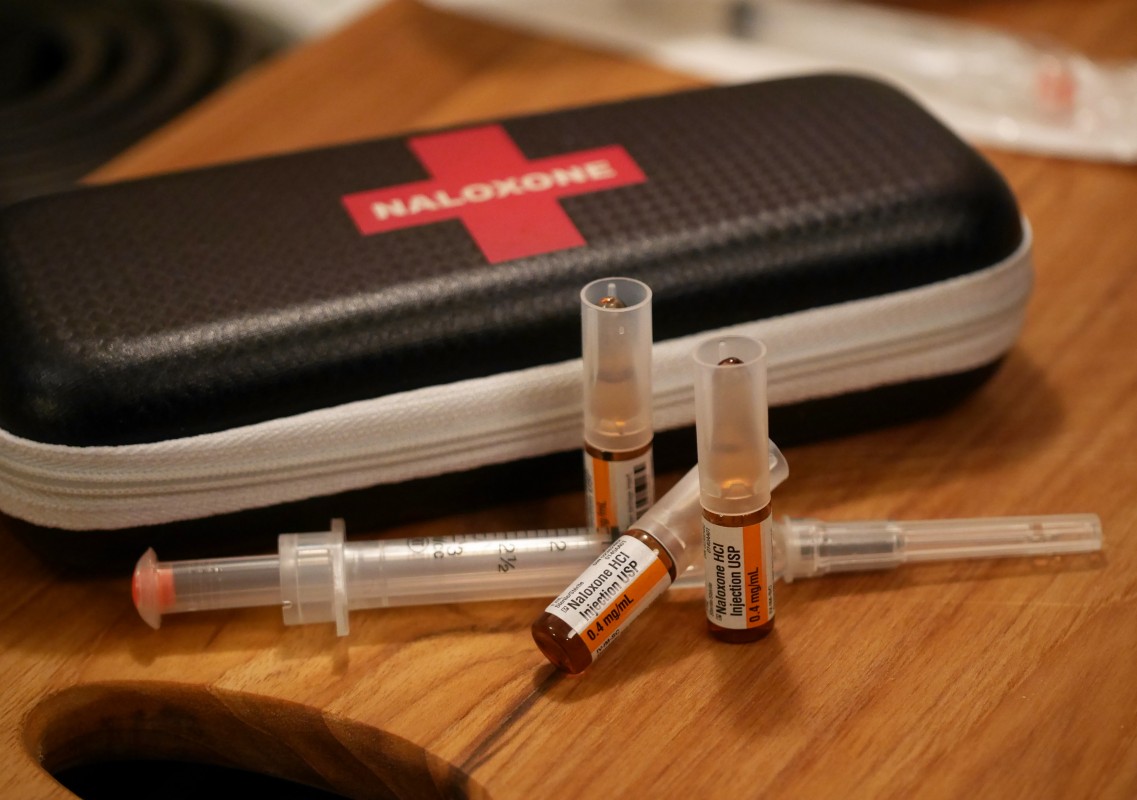On 8 June 2021, the UN High Level Meeting on HIV/AIDS in New York adopted the 2021 Political Declaration on HIV/AIDS (text in Russian). The Declaration, although not perfect, clearly identifies vulnerable groups such as people who use drugs, sex workers, LGBT people, and prisoners, and outlines actions needed to ensure equal access to HIV prevention and treatment services for these groups. In several paragraphs, the Declaration specifically outlines the need to support and develop harm reduction services, as well as the need to develop community-based services. The goal of the Declaration is to overcome inequalities and create the conditions to eliminate AIDS by 2030.
Regional networks of EECA communities and communities around the world actively supported the efforts of countries to include in the Declaration effective measures to overcome the epidemic. Despite all efforts to reach consensus and even including a paragraph stating that countries will implement the declaration in a culturally sensitive manner, the Russian Federation during the meeting put to a vote amendments against the inclusion of criminalising law reforms, protection of human rights and harm reduction in the declaration. After a heated debate, the Political Declaration was adopted by 165 votes, a vote welcomed by global social movement activists.
“The Russian Federation and Belarus voted against the declaration, and this creates a very difficult situation for our continued advocacy and community support in these countries and throughout the EECA region. We have a very difficult struggle ahead of us to effectively respond to the HIV epidemic until 2030.”, says Anna Dovbakh, Executive Director of the Eurasian Harm Reduction Association. – “The signatories of the Declaration thus commit themselves to achieving the goals set out in it. Now, when representatives of communities and public organisations talk about commitments, Russian or Belarusian government representatives can say – we were against it and we did not make these commitments. The Russian position is not new at all, but now it is fixed at a high level and formalised.”
Anya Sarang, a representative of the Russian Andrei Rylkov Foundation commented on the Russian and Belarusian vote as follows:
“I sincerely hope that after the recent developments (adoption of the UNAIDS strategy and UNGA) the international community may become more aware of the conditions in the region for NGOs working in semi-guerrilla conditions, especially in Russia and now in Belarus. I have some hope that new donors entering the region will have fewer illusions about establishing mutual understanding with the authorities of the Russian Federation. And perhaps fewer demands on us, a couple of barely surviving teams, who continue to provide services to key groups in conditions of state terror.
Russia announced back in 2008 that it would follow its own path of HIV prevention. And now everyone has finally realised that prevention in Russia is not being carried out not by oversight or accident, but because it is an absolutely conscious ideological position of principle. And it should be countered not with advocacy fantasies, but with decisive actions to support the local NGOs, regional networks and community activist groups that are under threat and that continue the desperate and overwhelming fight against the epidemic in dictatorships.
Judy Chang, head of the International Network of People who Use Drugs (INPUD) counted the number of references to people who use drugs in the Declaration document:
“Harm reduction is included 3 times in the text, including 1 time in the commitment section. This is 2 more times than in the 2016 Political Declaration. The good news is that a footnote on specific interventions has been made, but weakened by this reference to “harm reduction programmes, in accordance with national legislation.” Surprisingly, harm reduction, apart from mentioning specific interventions, did not elicit strong reactions, with the exception of Russia and Belarus, and was not one of the most politically contentious issues in the negotiations, compared to sexual orientation and gender identity.
- People who use drugs are mentioned 5 times throughout the text, including a paragraph on hepatitis C
- Key populations are mentioned 4 times in the 2021 document, up from 2 in 2016.
- It is also good news that, for the first time, targets on decriminalisation, stigma and discrimination and gender equality have been included.”
***
Follow updates on our TalkingDrugs Telegram channel in Russian.


